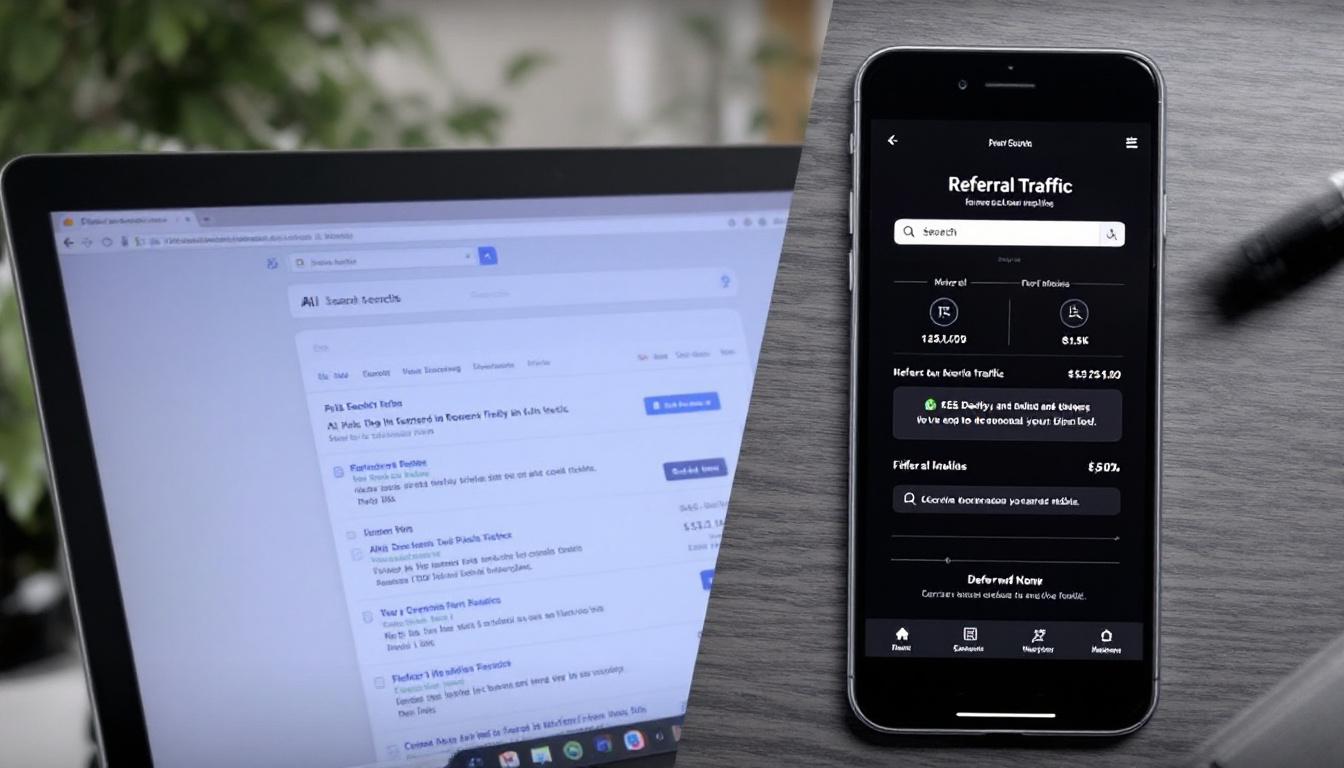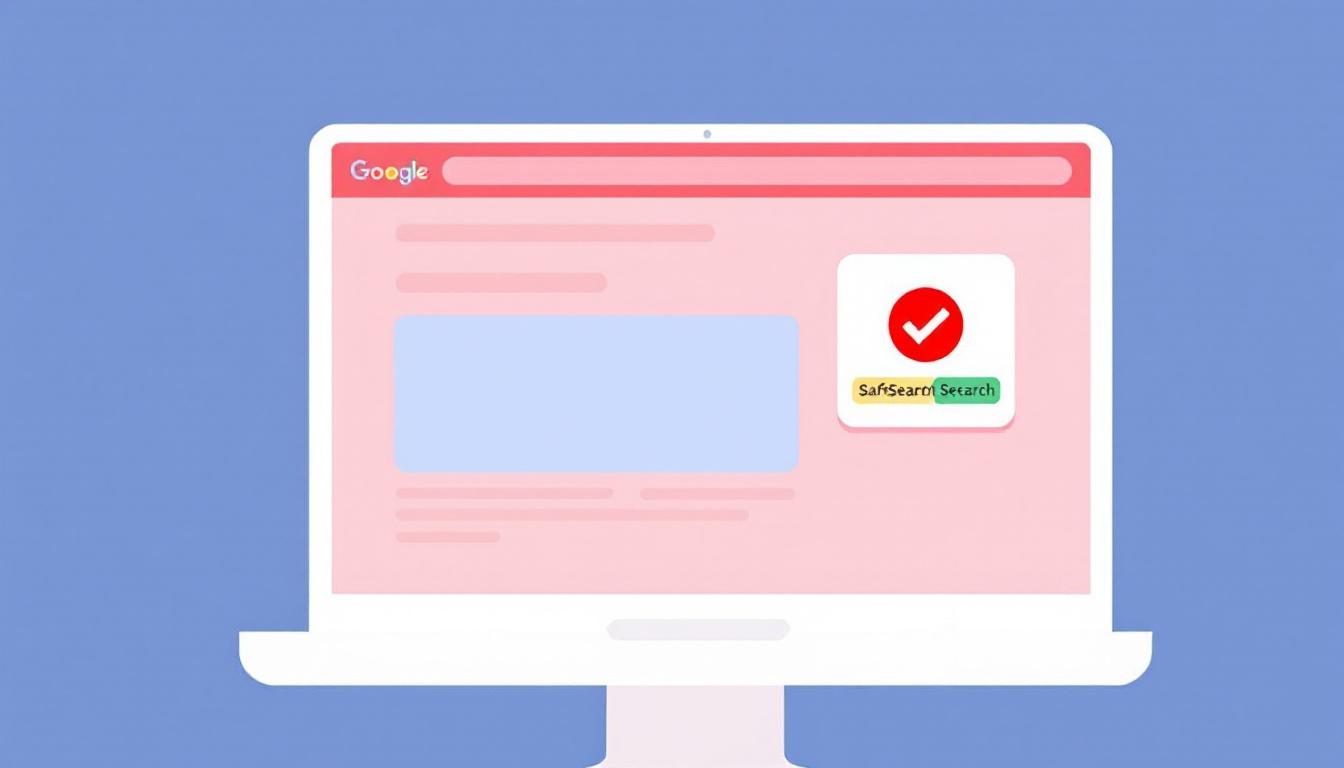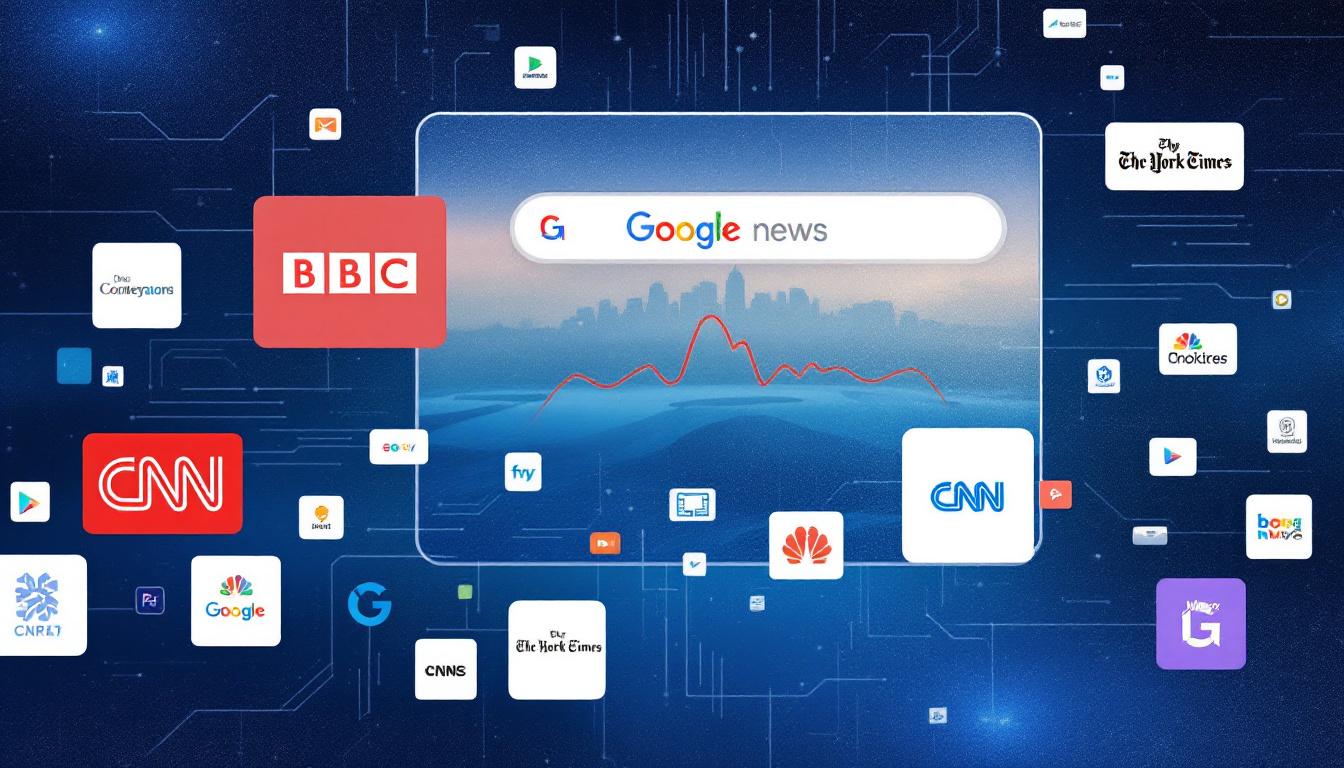Google’s top experts have issued a stern warning about the increasing use of AI-generated content, emphasizing that the proliferation of such material could pose significant challenges for search quality.
DigitalOcean
DigitalOcean offers a variety of VPS hosting solutions perfectly suited for anyone seeking straightforward and budget-friendly computing power for their projects.
As artificial intelligence becomes more accessible, the potential for mass content creation without ensuring originality and value is raising red flags within the tech giant’s ranks.
Revised Quality Rater Guidelines Address AI Content
Google has recently updated its Quality Rater Guidelines to include specific instructions regarding AI-generated content.
This move underscores the company’s commitment to maintaining high standards in search results by discouraging the use of unoriginal and low-effort content.
Integrating AI Content into Quality Assessments
The updated guidelines provide raters with clear criteria to evaluate the quality of AI-produced material, ensuring that only content with genuine value makes it to the top of search results.
According to the new guidelines, content that is primarily copied, paraphrased, or auto-generated with minimal effort and originality will receive the lowest quality ratings.
This applies even if the content credits another source, highlighting Google’s intent to prioritize unique and valuable information for users.
By explicitly mentioning AI-generated content, Google is signaling its expectation that content creators focus on originality and user value rather than merely producing large volumes of material.
Scaled Content Practices Are Unsustainable
Danny Sullivan, Google’s Search Liaison, compared current AI content generation trends to earlier spam tactics, indicating that the scale and method of content creation are less important than the content’s overall quality and uniqueness.
The Inevitability of Issues with Scaled Content
Sullivan emphasized that regardless of whether content is produced by AI, automation, or humans, the underlying issues of unoriginality and lack of value remain a concern for Google.
“Large volumes of unoriginal content,” Sullivan stated, “are problematic no matter how they are created.
Our focus is on ensuring that content provides genuine value to users, rather than simply increasing traffic through mass production.”
This perspective reinforces Google’s longstanding stance against low-quality SEO practices and highlights the importance of maintaining content integrity in the digital landscape.
Maximizing AI for Valuable Content Creation
While Google cautions against the overuse of AI in content creation, it also acknowledges scenarios where AI can enhance user experience by providing meaningful summaries and insights.
Practical Applications of AI to Enhance Content
An example cited by Sullivan involves the use of AI to summarize user reviews, thereby offering visitors a quick overview of product sentiments without the need to sift through individual comments.
“When I browse Amazon, the AI-generated summaries of reviews significantly enhance my shopping experience by providing clear, concise insights,” Sullivan explained. “This is a positive application of AI, adding unique value to the existing original content.”
Such examples demonstrate that when used thoughtfully, AI can complement human-generated content by improving accessibility and user satisfaction.
Upholding Quality Standards in AI Content
Sullivan addressed misconceptions within the SEO community regarding Google’s stance on AI-generated content, clarifying that quality remains the paramount criterion irrespective of content origin.
Dispelling Myths About AI and Quality
He reiterated that Google does not condone AI-generated content simply because it meets certain quality benchmarks, emphasizing that the content must offer genuine value.
“We never stated that AI content is acceptable as long as it’s high quality,” Sullivan clarified. “Our policy is focused on the outcome, not the method of content creation.
Whether content is produced by AI or humans, it must provide real value to users.”
This clarification is aimed at preventing the misuse of AI tools under the false assumption that quality alone is sufficient for content approval.
Ensuring Originality and Purpose in Content
Google advises content creators to evaluate the intent and originality behind their content strategies, particularly when employing AI tools for mass content generation.
Assessing the Motivation for Content Creation
Creators are encouraged to reflect on whether their primary goal is to boost search traffic or to genuinely assist and inform their audience.
“If the main reason for generating content is to attract traffic rather than to meet the needs of users,” Sullivan noted, “then it’s likely to be viewed as low-quality regardless of how it was produced.” This highlights the necessity for content to serve a clear, user-centric purpose.
Maintaining Originality in Mass-Produced Content
The originality of content is crucial, and AI-generated material often falls short in this regard due to its reliance on existing information.
“AI tools can produce readable content, but without a foundation of unique insights or expert knowledge, the content lacks originality and true value,” Sullivan added. “It’s essential for content to offer something new and useful beyond what already exists.”
By focusing on original and purposeful content, creators can avoid the pitfalls associated with mass production and ensure their material meets Google’s quality standards.
The Bottom Line
Google’s updated stance on scaled content, especially that generated by AI, underscores the importance of quality and originality in the digital age.
Content creators are urged to prioritize user value over sheer volume, ensuring that every piece they produce contributes meaningfully to their audience’s experience.
By adhering to these principles, businesses can navigate the evolving landscape of search engine optimization and maintain strong visibility in search results.








